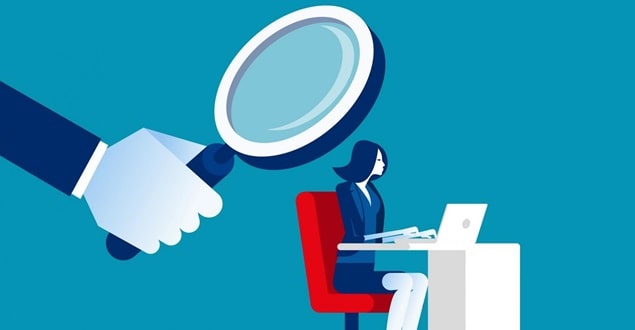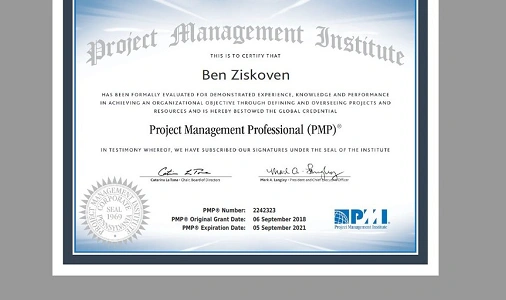During a busy job, the breaks may not seem important, but they are more helpful than you might think. The way you spend these short times during the day has a big impact on your general health, focus, and productivity.
This is not only a matter of personal choice, but also of law that protects your rights: you need to know the ins and outs of work breaks and how they can affect you. A Los Angeles meal breaks attorney states that you should talk to a lawyer to find out if you have a valid claim, explain your choices for getting paid, and help you understand what you could get from a civil claim.
When you’re dealing with the complicated issues of breaks at work, having the basic facts and methods at hand can help you make choices that will help you in ways you may not have thought of.

Importance of Rest Breaks
You should take breaks at work to stay healthy and to keep moving. Allow your brain to rest and recover by taking short breaks at work. Keep your mind on the task at hand and finish it faster. People who work nonstop for a long time tend to make mistakes and not get things done as well. This shows how important it is to take breaks during the day.
Take short breaks to let your body rest. You won’t get too tired this way. Breaks are good for both your body and mind, and not taking them can make you more stressed and unhappy at work. It will help you rest, stretch, and clear your mind to take a short break from your work. This will help your work get better all around.
For your health and happiness, breaks at work are helpful. They also help you get more done. Don’t forget that a mind that is rested works better. Take breaks at work, don’t forget that.
Legal Regulations on Breaks
Legal rules require workers to take certain breaks during their shifts to make sure they are healthy and productive. These rules are different depending on where you work and what you do, so it’s important to know the exact rules that apply to you.
Here in the US, the Fair Labor Standards Act (FLSA) doesn’t say that companies have to give their workers breaks. But if companies do give short breaks (usually between 5 and 20 minutes), they have to pay their workers for that time. However, employees don’t have to be paid for food breaks (which usually last 30 minutes or more) if they are not doing any work at all.
You should learn about the rules in your area to make sure you’re getting the breaks you’re actually qualified to. There could be legal penalties for employers who don’t follow these rules, so make sure you fight for your right to break during the workday.
Types of Rest Breaks
It’s important to know the laws about breaks in order to understand how important the different types of breaks are for workers. Rest breaks and meal breaks are the two main types of breaks you may be able to take during the job. Rest breaks are short breaks from work, usually 10 to 15 minutes long, that are meant to give you a quick break from your tasks. Most of the time, these breaks are paid and count toward your work hours.
On the other hand, meal breaks, which are also called lunch breaks, last longer, generally 30 minutes to an hour. Meal breaks are usually not paid, and you can do whatever you want during them. If you want to know what kinds of breaks you’re allowed to based on your working hours and the nature of your job, you should read your company’s rules and any labor laws that apply.
Maximizing Break Time
Do things that will help you relax and feel better during your break to get the most out of it. Instead of looking through your phone, take a break from work and go outside. You can feel better and clear your mind after a short walk. Another great way to relax during your break is to take deep breaths. Before you go back to work, take a few slow, deep breaths. This might help you feel less worried and focus better.
If you can find a quiet spot, you could stretch quickly to make your muscles feel better. Another way to keep from getting stiff after sitting for a long time is to stretch. To calm down and get better, you can also listen to relaxing music or a guided meditation. Remember that breaks are meant to give your mind and body a break so that you’re ready to work when you get back.
Employer Responsibilities

You should make sure that your workers get enough breaks to rest while they’re at work. They will be able to get more done and stay fit. It’s your job to plan these breaks and make sure they follow the law and are good for business. To make sure your employees know what their break rights are, tell them to take them and rest before going back to work. Do not get tired. Make sure that breaks are respected and given the most attention at work instead.
Take breaks into account of work and other needs, and make sure everyone knows when and how to take them. Make sure your workers can take breaks by giving them enough time and making sure there are enough people to help them. A lot of the time, talk to your workers about breaks to address any problems or issues they may have. Also, be ready to hear what they have to say about how to improve breaks. Believe it or not, giving your employees breaks is good for their health and helps them do their jobs better.
Conclusion
Rest is truly refreshing, isn’t it? How about taking regular rest breaks at work? It isn’t just a luxury, but a necessity for your physical and mental well-being. By understanding your legal rights and the different types of breaks available to you, you can ensure you’re maximizing your break time effectively.
Your employer has a responsibility to provide you with adequate break time, so don’t be afraid to speak up if you feel your needs aren’t being met. Prioritize your rest breaks to stay refreshed and productive throughout the workday.
Anantha Nageswaran is the chief editor and writer at TheBusinessBlaze.com. He specialises in business, finance, insurance, loan investment topics. With a strong background in business-finance and a passion for demystifying complex concepts, Anantha brings a unique perspective to his writing.


